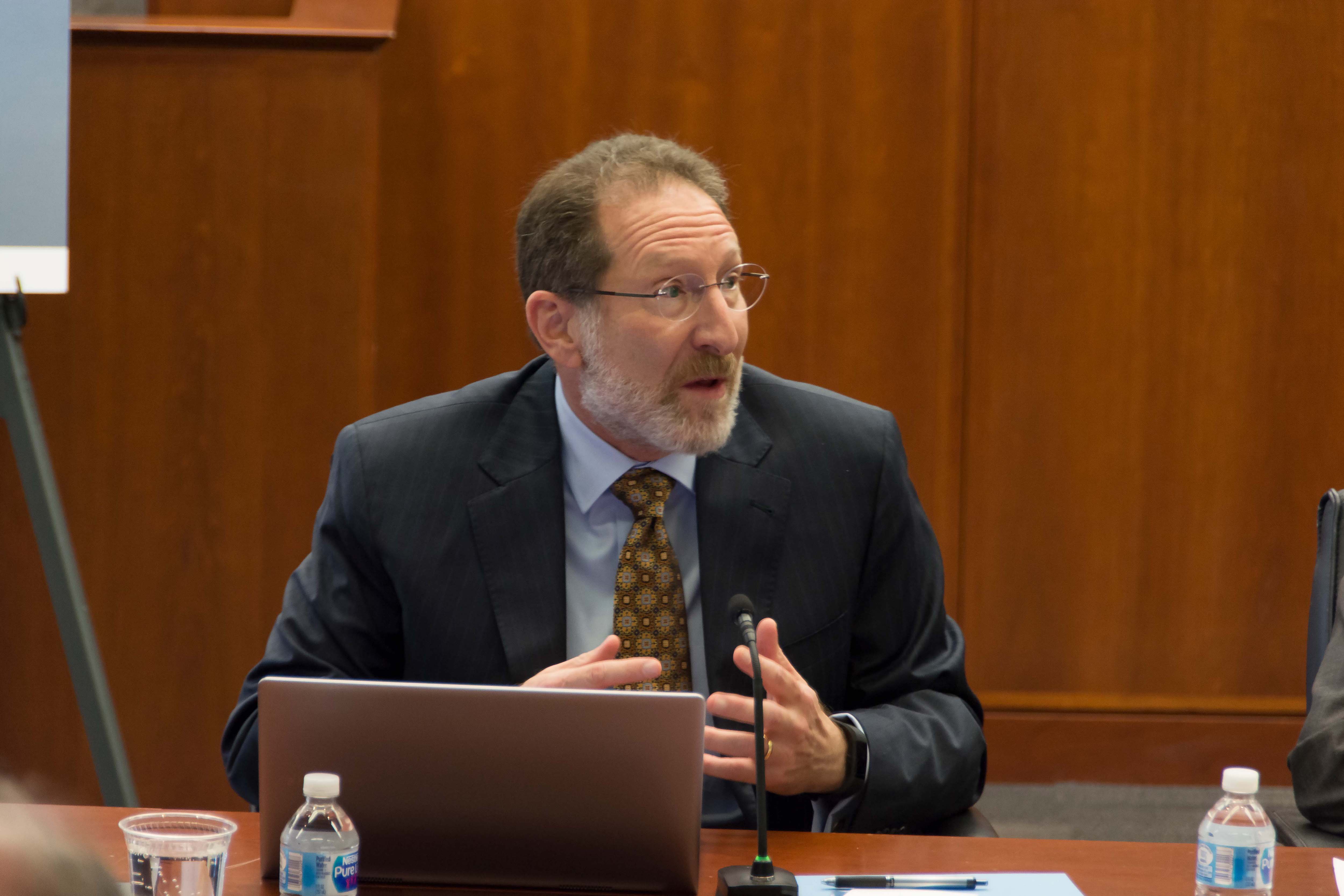The proliferation of SmallSat—or small satellite—space technology, capable of sensing ocean, coastal, atmospheric, and hydrologic data has created a booming industry. Opportunities to tap into innovative technology developed by companies in the private sector have grown exponentially for federal government agencies. A recent study conducted by the National Academies of Sciences, Engineering, and Medicine, looks at how government agencies can reformulate procurement practices to exploit and benefit from the evolution of this marketplace.
The National Academies committee, of which GW Law professor Steven L. Schooner served as a member, released its findings this month in a report that assesses the feasibility and implications of designing new partnership models that can be used for “developing, deploying, and operating a system of satellites and supporting infrastructure” that would be capable of generating scientific-quality data to both enable prediction models and be usable for real time applications. The models could include collaborations between industry, government, and academic institutions.
“Much of the history of the space program entailed the government ‘driving the train;’ and articulating its requirements,” said Professor Schooner. “That model made sense so long as the government was the only real space customer. Basically, the government was a monopsony, a single buyer that controlled or dominated the demand for relevant goods and services.”
“Over time, that model ran its course, and now, today, the private sector is innovating more aggressively,” said Professor Schooner, who points to Space X, Blue Origin, and Sierra Nevada as examples. “The government doesn't control, or have a monopoly over, the new ideas, new tech, production, or means.”
The report recommends several different approaches and models. “The big issue the study focuses on is finding ways for government customers to access new space vendors through commercial contracts (or commercial contracting) or partnerships or clearinghouses or consortia or public-private partnerships,” said Professor Schooner. “One solution is the government acting as an anchor tenant to a larger, more diverse and inclusive commercial enterprise.”
Learn more about the study, here, and read the committee’s full report, Leveraging Commercial Space for Earth and Ocean Remote Sensing, here.
The committee brought together experts from diverse professional backgrounds and fields. Professor Schooner joined the committee in 2021. At GW Law, Professor Schooner is the Nash & Cibinic Professor of Government Procurement. Before joining the law school faculty in 1998, he was the associate administrator for procurement law and legislation at the Office of Federal Procurement Policy in the Office of Management and Budget.


